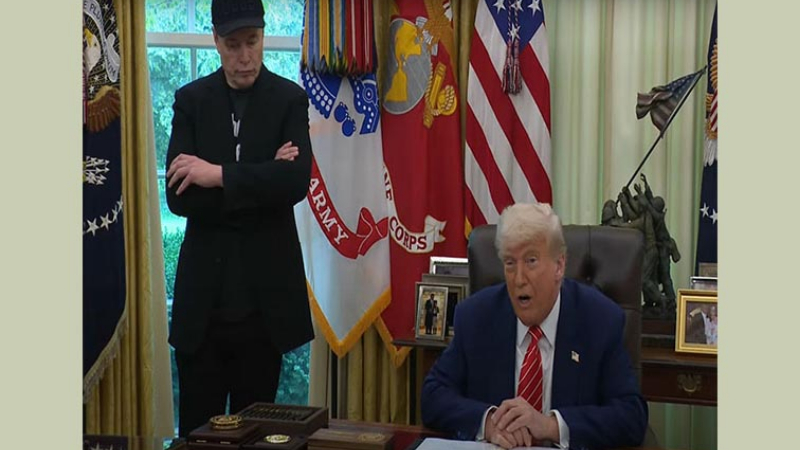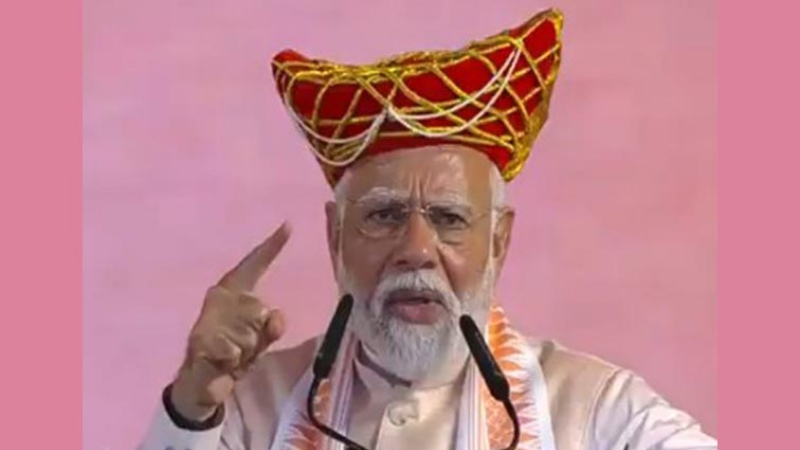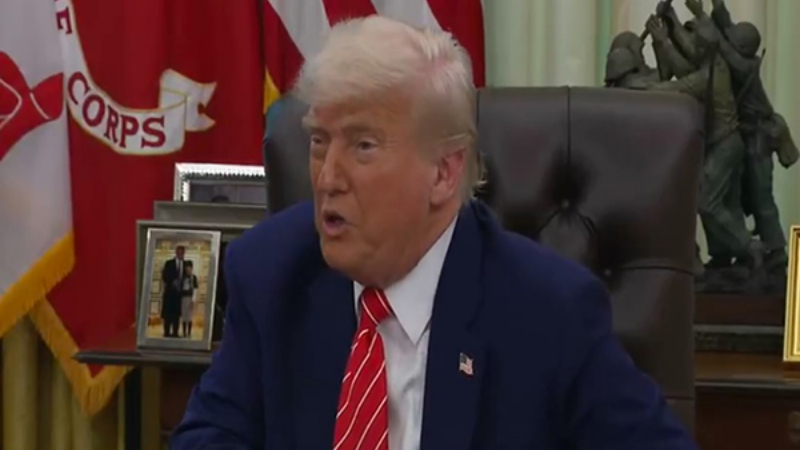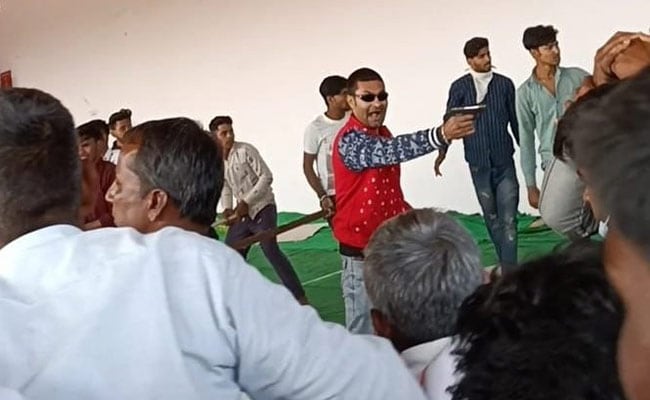Delhi CM Kejriwal comes together with non-BJP parties to oppose the new ordinance.
Delhi CM Arvind Kejriwal gathers support from the non-BJP parties to oppose the new ordinance passed by Central government, days after Supreme Court's ruling.
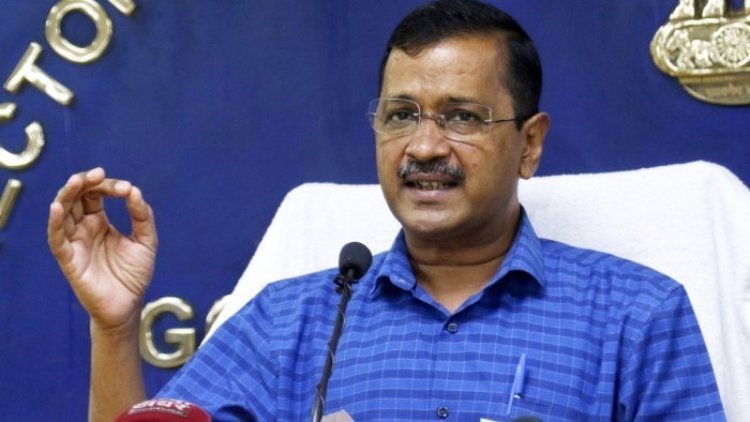
Delhi CM Arvind Kejriwal gathers support from the non-BJP parties to oppose the new ordinance passed by Central government, days after Supreme Court's ruling.
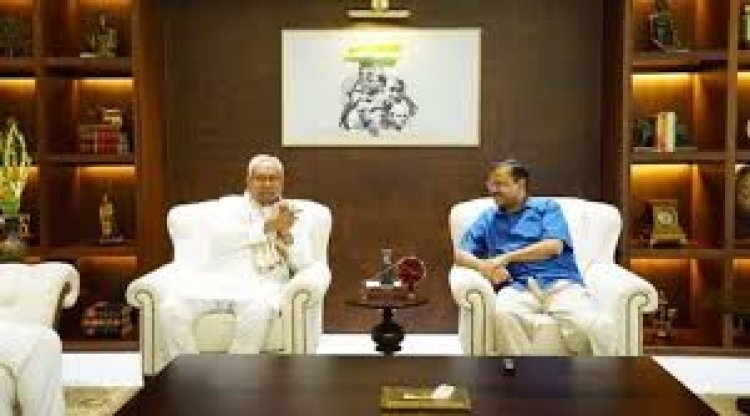
Delhi Chief Minister Arvind Kejriwal met Bihar Chief Minister Nitish Kumar to discuss the central government's emergency bill aimed at limiting services in Delhi. Kejriwal stated that Kumar will appeal to opposition parties to unite against the bill. Kejriwal also expressed support for a bill in the Rajya Sabha to counter the government's decision, stating that it would affect the BJP's prospects in the 2024 elections.
Delhi Chief Minister Arvind Kejriwal called upon opposition parties to unite against the new Ordinance. He urged them to defeat the bill in the Rajya Sabha and vowed to personally engage with each party leader to seek their opposition. Kejriwal criticized the Ordinance, labeling it as undemocratic, unconstitutional, an assault on the federal system, and a direct challenge to the Supreme Court. Additionally, he announced his intention to file a petition in the Supreme Court against the Emergency Act once the court resumes after the summer vacation period from May 22 to July 2.
“What the Centre is trying to do after the Supreme Court order is odd. Look at the Constitution. How can you take away the rights of an elected government? This is why we are saying that parties across the country need to come together so that they (Centre) cannot tweak the Constitution and other things to their advantage,” Nitish told reporters outside Delhi Chief Minister Kejriwal’s residence after a meeting.
Kejriwal said, “If the entire Opposition comes together to fight the central government ‘s unconstitutional ordinance to suppress the Supreme Court’s verdict in the Rajya Sabha, there will be no BJP in 2024."
“I would like to thank Nitish ji and Tejashwi Yadav ji and all the other leaders who have come here with them today to support us. The SC in its order had very clearly said that officials of the Delhi Government should be answerable to the democratically elected state government. But within eight days of the court order, the central government brought an ordinance and overturned the court order,” he said.
Kejriwal stated his intention to hold meetings with leaders from different political parties in order to prevent the passage of any bill that aims to replace the recent central ordinance. The ordinance effectively undermined the Supreme Court's ruling on May 11, which favored Kejriwal's government. Kejriwal also urged Kumar to reach out to party leaders and gather support to address this matter.
"If the bill is defeated in Rajya Sabha, it will send out a message that the BJP will lose the 2024 Lok Sabha elections, he claimed. “It will be the semi-final of the 2024 Lok Sabha polls,” Kejriwal told the reporters.
This week, Kejriwal has scheduled meetings with the leaders of TMC, Shiv Sena (UBT), and NCP, where he will seek their support on the issue.
What is the Supreme Court ruling over services?
In a recent ruling, a Constitution bench consisting of five judges granted the Arvind Kejriwal-led government in Delhi the power to exercise both executive and legislative authority over officers serving in various services, even if they were not recruited by the Delhi government itself but were allocated to the city by the Union of India. This authority encompasses the ability to transfer and appoint officers within the government, establish service rules for them, and undertake other governance measures, including passing legislation in the legislative assembly.
What is the new ordinance that Kejriwal is talking about?
To counter the impact of the Supreme Court's ruling that granted administrative and legislative control over "services" to the Delhi government, the Central government issued an ordinance on Friday. The ordinance establishes a new statutory authority responsible for the transfer and posting of bureaucrats in the national capital.
In response, the recently introduced ordinance establishes the National Capital Civil Service Authority (NCCSA) as a new statutory body. The NCCSA will be led by the Delhi Chief Minister, along with the participation of the Chief Secretary and the Principal Secretary of the Home department.
What is NCCSA?
NCCSA stands for National Capital Civil Service Authority. According to the newly introduced ordinance, it highlights that there is currently no parliamentary legislation specifically addressing the subject of services related to Delhi under Entry 41 of List II (State list) of the Seventh Schedule of the Constitution. The Seventh Schedule outlines the distribution of legislative powers between the central government and the states, specifying the areas in which each can enact laws. Entry 41 of List II pertains to "State public services" and "State Public Service Commission."
To counter the implications of the Supreme Court's recent judgment, the ordinance introduces several provisions that amend the Government of National Capital Territory of Delhi Act 1991. Each provision aims to reverse the effect of the court's ruling. For instance, the ordinance includes a section that prohibits the Delhi Assembly from enacting laws concerning any matter related to Entry 41 of List II of the Seventh Schedule of the Constitution. Consequently, it restricts the Delhi government from legislating on matters pertaining to services.
Furthermore, the ordinance grants the central government the authority to establish rules regarding the tenure, salaries, allowances, and other terms of service for officers and employees appointed or posted in Delhi.
Additionally, the ordinance introduces the National Capital Civil Service Authority, which is tasked with providing recommendations to the Lieutenant Governor (L-G) on matters related to the transfer, posting, vigilance, and other relevant aspects concerning services.

